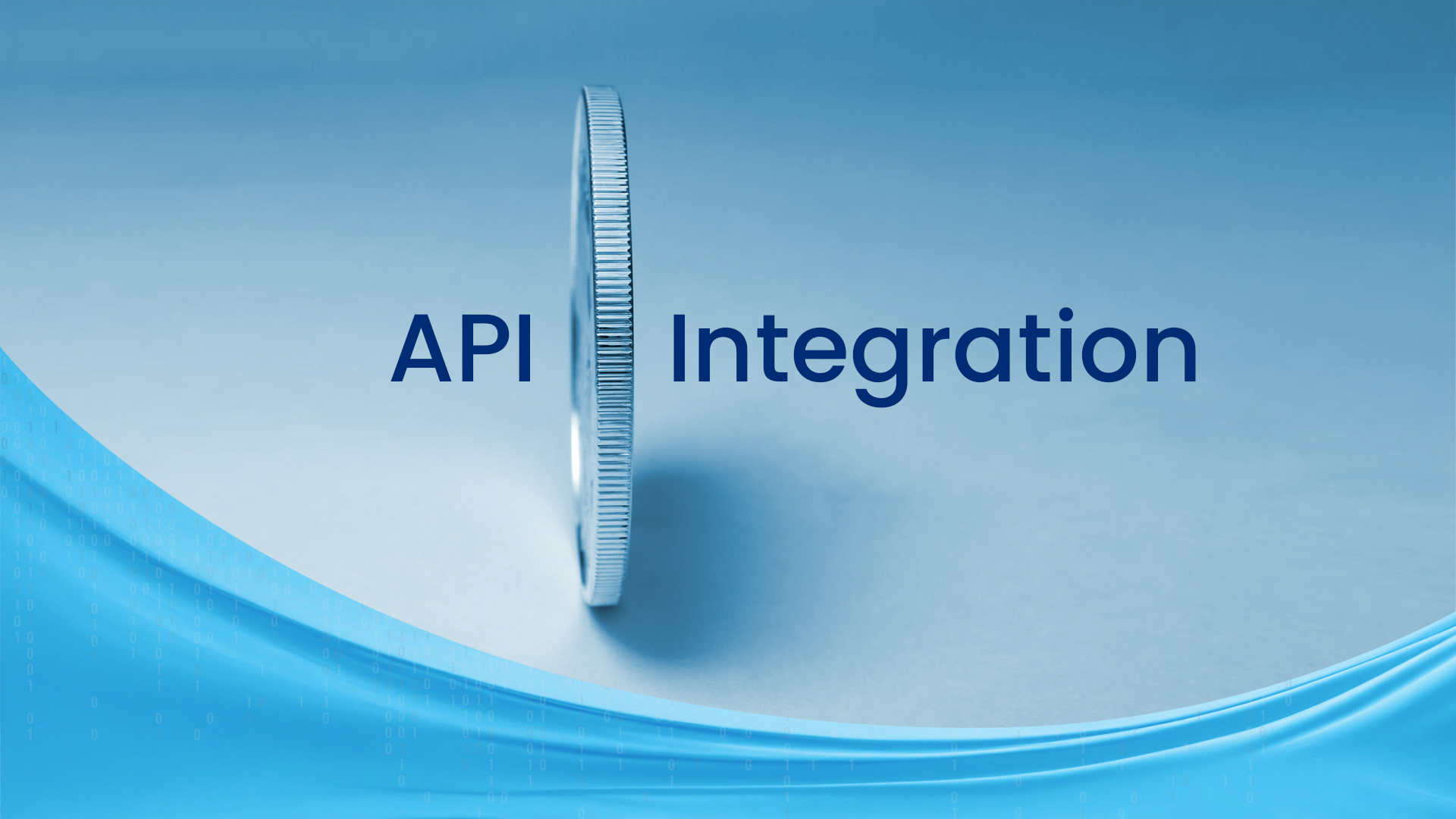Imagine a dedicated worker who only cares about performing simple rote tasks accurately and speedily, a worker who needs few breaks, and those pauses are only to tweak the worker to maintain a performance level that remains high and error-free. If you can visualize such a worker, you have also described an RPA in action. If any industry is ideal for integrating RPA (Robotic Process Automation) it must be the insurance industry. When one considers all the forms, contracts, legal obligations, and revenues that are involved in any insurance company, a quick step back can illustrate the necessity of integrating automated claims through RPA processes within the organization.
Realizing Benefits with RPA
The benefits for implementing RPA within an insurance company appear to be endless, but basic features of implemented RPAs often include the following:
- Boosted Profits – With back-office tasks operating more efficiently without draining human resources, the workforce is better able to focus on areas where human intelligence and intuition can be given full rein.
- Customer Satisfaction – Imagine forms without mistakes, claims processed faster, and check issuance a breeze, and you can imagine a customer base in love with the dedication of their insurance company to their needs and concerns.
- Employee Performance – Once freed from tasks that insult basic human intelligence, it is amazing how that freedom can open up the doors of creativity and inspiration; prepare for a growing cadre of peak performers thanks to RPA.
- Faster Processing – With fewer delays to insurance applications, prospects are more likely to convert to paying customers, while delays on insurance claims are problems of the past.
- Reduced Errors – With the volume of data that is manually entered by humans, the chance for errors increases over the time the same individual is attempting to enter information.
These features simply describe the overall impact a company can experience by embracing and implementing RPA for their own business.
Automated Claims: The Versatility of RPA in the Insurance Business
Insurance companies are perfectly poised to take even greater advantage of RPA, thanks to the processes they deal with on a regular basis. For instance, RPA can competently and effectively manage the following tasks after minimal instructions:
- Audits – As data is being entered during applications and claims, some of that data may be of value in the event an audit is required; key data points can be structured for later access under an audit.
- Claims Management – Another process that is both time-consuming and demands accuracy, putting claims management under the purview of RPA is a logical and effective means of ensuring claims are processed correctly and quickly.
- Compliance – Always a major and important aspect of any insurance company, correct and timely filings of compliance matters ensure that the insurance company is staying ahead of the game and remaining transparent.
- Data Entry – Correct data entries are paramount for each automated process to function accurately and efficiently; an RPA managing data entry ensures fast processes without errors occurring.
- Data Storage – Of equal importance to data collection is data storage which can be accessed and evaluated by authorized personnel; in concert with this need is robust security to protect that valuable information.
- Fraud Oversight – There are various methods in which fraud can be committed and an RPA can be informed as to those methods, so they can be flagged with notices served to the appropriate parties.
- Update Visibility – Clients are understandably concerned when a claim is filed, so allowing those customers to view the claim process at any stage is an excellent way of keeping them in the loop.
As can be imagined, by automating and controlling these important processes, agents perform better, policyholders are happier, and businesses grow faster and broaden their base because of those first two factors. This also streamlines audits, since all the pertinent information has already been stored and is readily accessible by other insurance departments.
Examples of Automated Claims in Action
The following three examples perfectly illustrated the power of RPA as it concerns automated claims:
- Automotive Insurance Claims – Suffering property (and possibly personal) damages is traumatic enough for a policyholder, so streamlining claims should always be a high priority.
- Life or Health Insurance Claims – Medical certificates and death reports can be accessed electronically and added to any claim files for ready and instant access during the claim process.
- Travel Insurance Claims – Physical damage is easily documented via photographs which can be added to the claim file for later examination or further verification.
Compared to the old days of paper trails and misfiled forms, the nightmare of claims processing has turned into an idyllic dream for insurance companies with automated claims processing already in place.
Getting up to speed with automated claims through RPA is even easier by bringing in the right experts. As leaders in the fields of AI, robotics, and digital transformation, no one is better qualified than OZ Intelligent Automation Consulting to bring RPA technology alive within an insurance company. Learn how OZ Intelligent Automation Consulting can install RPA services while offering top-notch training to get insurance companies automated swiftly and smoothly.



